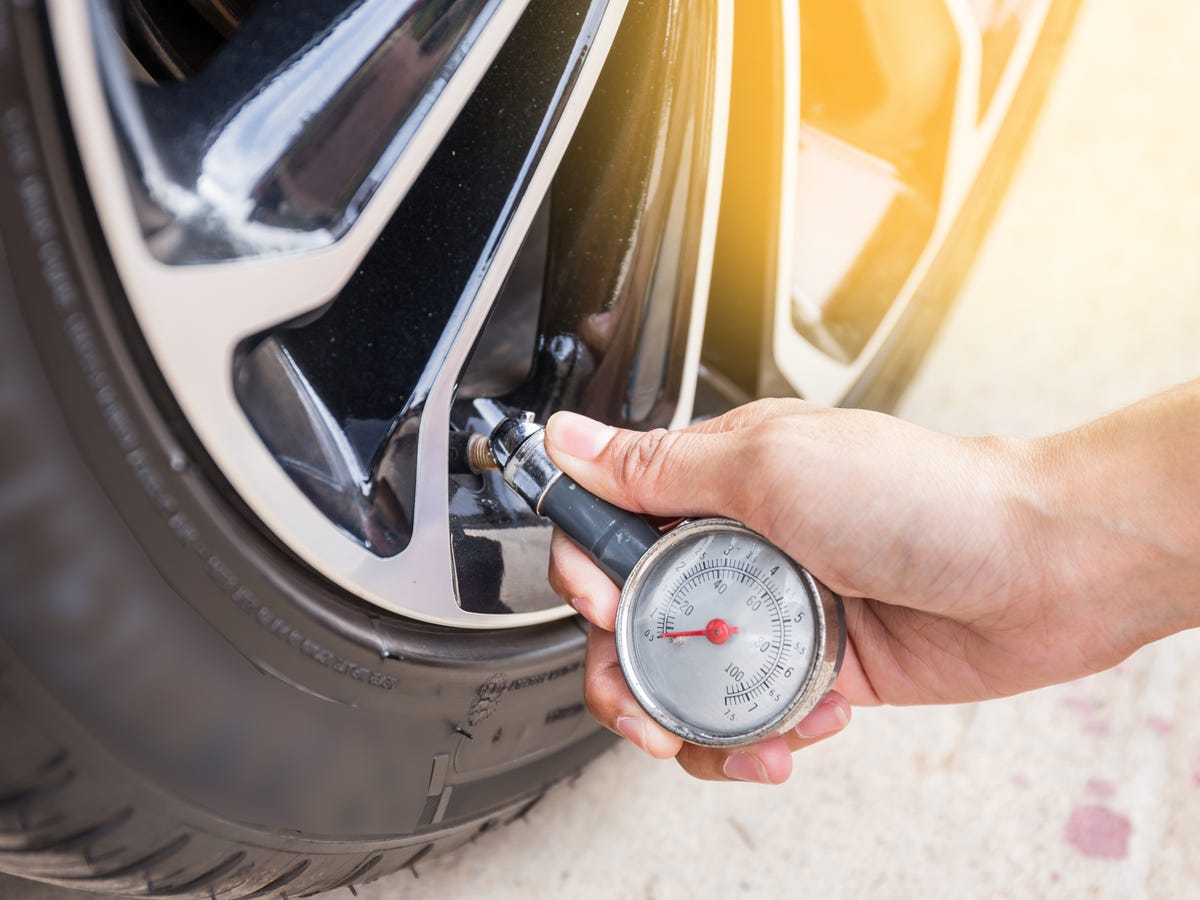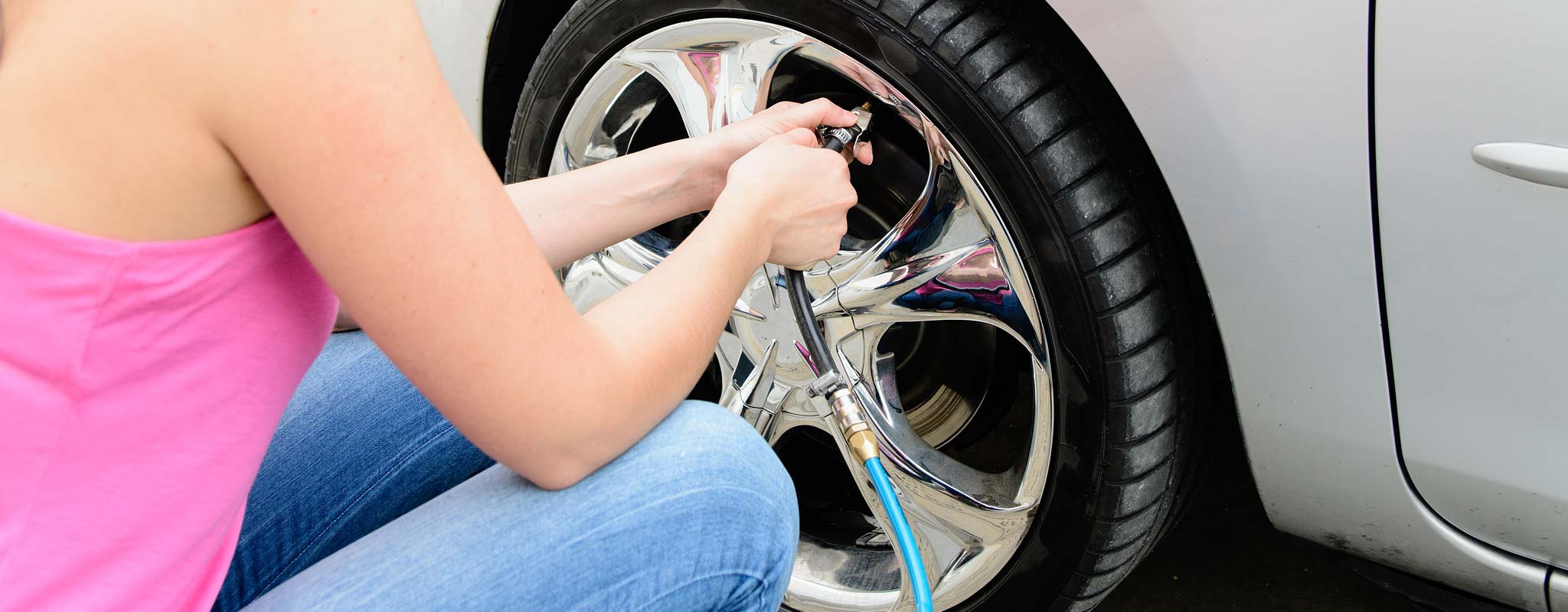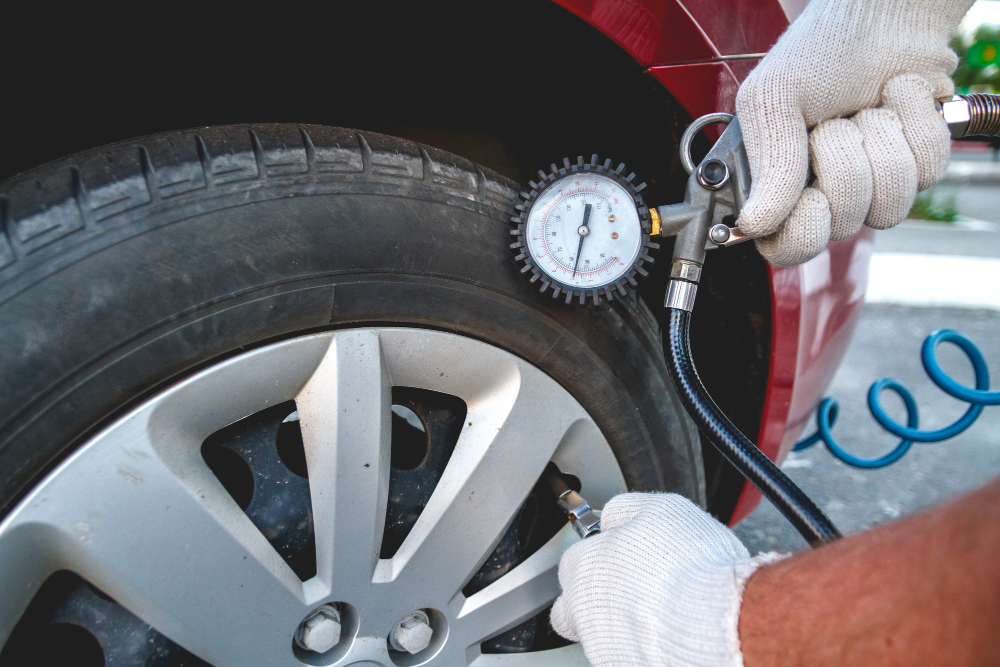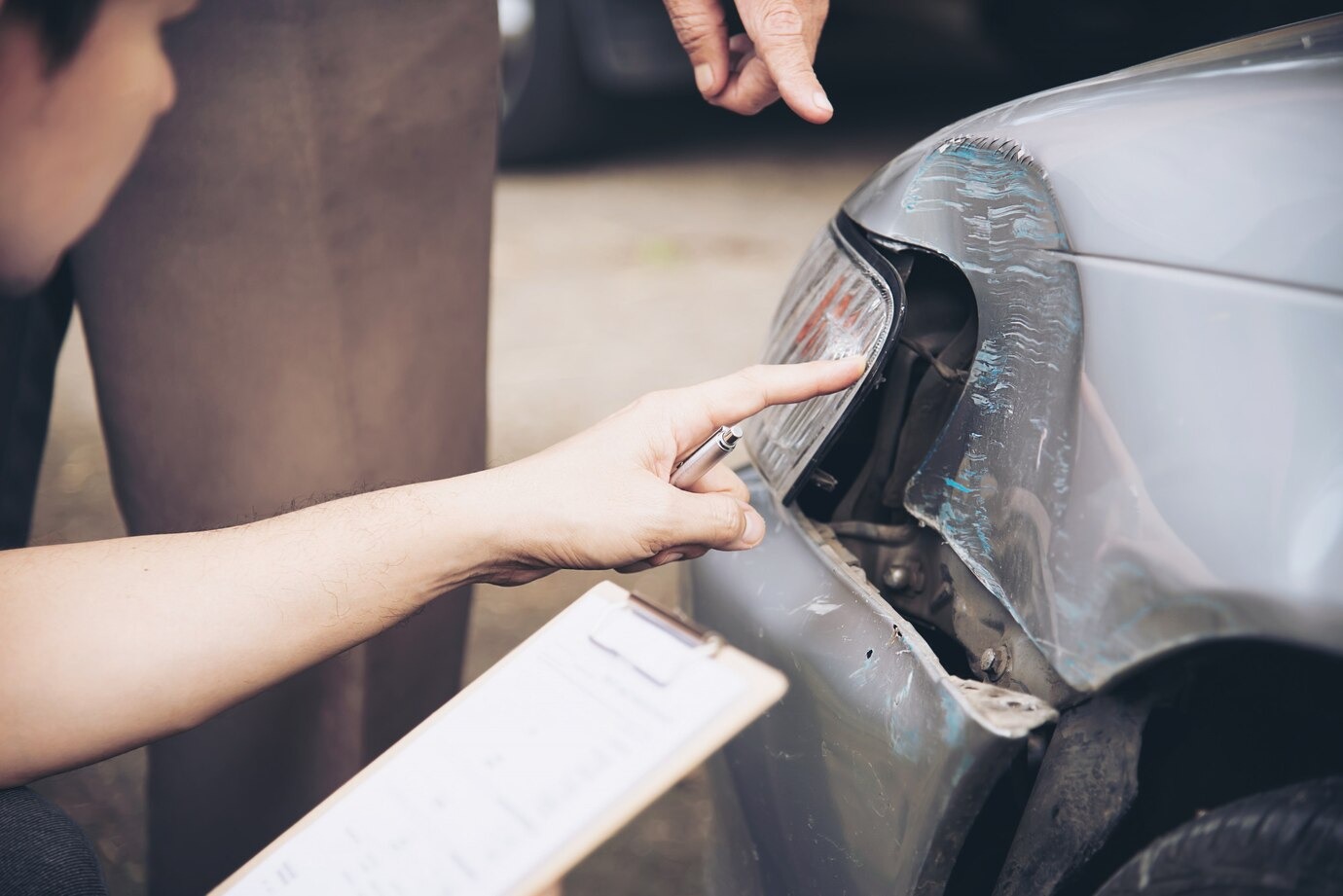The performance of a vehicle is largely dependent on the condition of its tires. Tyre pressure in particular plays an important role in the overall driving experience, as it affects both safety and fuel efficiency.
In this article, we will delve into the science behind tire pressure and discuss how it impacts vehicle performance. We will explore different kinds of pressures and their effects on braking, cornering stability, ride comfort, and fuel economy.
Finally, we will provide recommendations on how to maintain optimal tire pressure levels for better performance outcomes. By understanding the science behind tire pressure and making small adjustments to our vehicles accordingly, drivers can be sure that they are getting all available benefits from their cars or trucks.
The Basics of Tyre Pressure
Understanding the basics of tire pressure is key to understanding how it affects a vehicle’s performance. Tires are filled with air and the pressure of that air can vary depending on the type of car, road conditions, and other factors.
The optimal amount of air in each tire depends on its size, weight, speed rating, load capacity, and more. Too much or too little air can have serious consequences for handling and safety.
When setting up tires correctly there are several important things to consider such as inflation levels, tread wear indicators (TWI), and wheel alignment angles. Inflation level refers to how much volume of air is inside each tyre which will affect grip levels when driving.
TWI indicates whether tires need replacing due to uneven wear patterns; this should be checked regularly even when not changing tires as they may still need adjusting based on temperature changes or surface types driven over often. Finally wheel alignment angle is necessary for ensuring steering accuracy by adjusting camber angles which control the direction in which wheels turn at different times while driving; incorrect angles can cause poor handling as well as excessive wearing down of tires quickly leading to decreased overall performance from the vehicle itself.
In conclusion, having correct tire pressures is essential for any vehicle’s safe operation regardless if it’s an everyday commuter car or a race-ready sports model – getting this wrong could lead to dangerous situations out on the roads so always make sure that you check before taking off!
How Tyre Pressure Affects Vehicle Performance

When it comes to vehicle performance, tire pressure plays an important role. The right amount of air in the tires can drastically improve a car’s handling, grip, and fuel economy while too much or too little air can have the opposite effect.
It is therefore essential that drivers regularly check their tire pressure and adjust accordingly. The science behind this is complex but essentially revolves around two key principles: contact patch size and rolling resistance.
Contact patch size refers to how much of the tire surface comes into contact with the ground surface at any given time while rolling resistance is a measure of how efficiently your tires move across a surface. When tyre pressure is low, both contact patch size and rolling resistance increase leading to poor performance on road surfaces such as lower speed cornering ability due to reduced grip levels and increased fuel consumption due to more effort required for each turn of the wheel.
On the other hand, when tire pressures are high enough there will be less wear on your tires resulting in better longevity whilst also providing improved stability at higher speeds plus improved steering precision due to reduced slippage between tire and road surface again improving the overall handling capabilities of your car or truck. It should now be clear why getting your tire pressure just right has such an important influence over vehicle performance – so make sure you double-check yours before hitting those winding roads!
Common Tire Pressure Problems and Solutions
When it comes to vehicle performance, tire pressure plays a key role. Drivers need to ensure their tires are properly inflated to maximize fuel efficiency, prevent premature wear and tear, and keep their vehicles running smoothly. However, there can be several common tire pressure problems that drivers must look out for.
One of the most common issues is the under-inflation of tires. When tires are not inflated enough, they become less responsive which reduces handling ability and increases wear on the treads as well as potentially causing blowouts or flat tires due to excessive heat buildup from friction between the wheel and road surface.
Additionally, under-inflated tires require more energy from the engine resulting in decreased gas mileage. Another issue arises when tires are over-inflated; this can reduce traction significantly while also leading to an uncomfortable ride due to increased rigidity of the sidewalls which leads to a harsher suspension system response when driving over bumps or potholes.
Over-inflation also reduces tire life span due to excess stress placed on its internal structure caused by too much air pressure compressing against its walls. The best way for drivers to avoid these two scenarios is by regularly checking their tire inflation levels with an accurate gauge and inflating them accordingly using an appropriate air pump depending on what type of valve stem your rims have (Presta or Schrader valves).
Proper maintenance will help ensure safe driving conditions as well as increase overall performance while keeping fuel economy at optimal levels no matter how long your drives may be!
Tips for Properly Maintaining Your Tires

1. Check Your Tire Pressure Regularly: Maintaining the correct tire pressure is essential for optimal vehicle performance, so be sure to regularly check and adjust your tires according to the manufacturer’s specifications.
2. Rotate Your Tires: Having your tires rotated will help ensure that they wear evenly, prolonging their life while also improving handling and ride comfort in the process.
3. Inspect for Damage: Damage from potholes or other road hazards can cause air leakage in a tire, as well as excessive wear on certain parts of the tread due to uneven weight distribution. Be sure to inspect each tire thoroughly every few months for signs of damage such as cuts or bulges that could indicate a problem with the inner lining of the tire itself.
4. Regularly Clean & Wax Tires: Keeping your tires clean not only looks better but can also protect them against sun damage and oxidation over time using an appropriate automotive wax product when detailing your car exterior each season is recommended.
5. Monitor Wheel Alignment & Balance: Improper wheel alignment may cause uneven wear across all four tires, therefore it’s important to have this checked annually by a professional technician who can make necessary adjustments if needed. Similarly, having your wheels balanced correctly will reduce vibrations at higher speeds which often lead to premature fatigue and failure of tyres; again making this part of a regular maintenance program would be highly beneficial.
Conclusion
and vehicle performance two timeshares are an essential part of any vehicle, as they provide the grip needed for a safe and comfortable ride. The pressure of tires is an important factor in determining the performance of a vehicle.
By ensuring that your tires are at the correct pressure, you can ensure that your car performs optimally and safely on roads. This science behind tire pressure helps to improve not only fuel efficiency but also ensures better handling and control when driving.
Properly inflated tires also help extend their lifespan, meaning less money is spent on replacements over time! Therefore, it is important to regularly check your tire pressures to get maximum performance from your vehicle.






